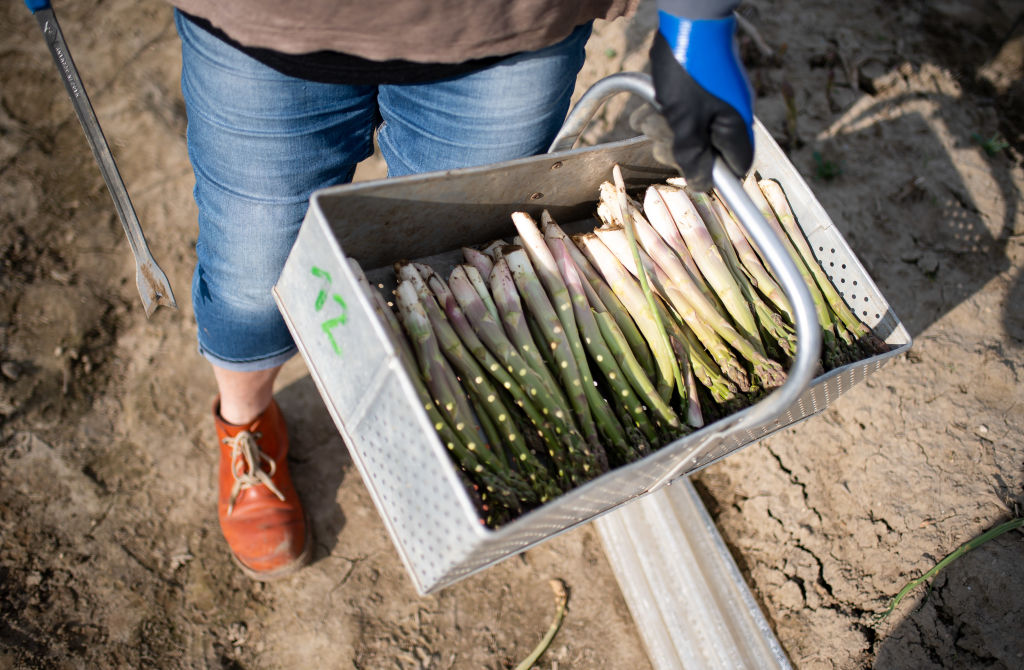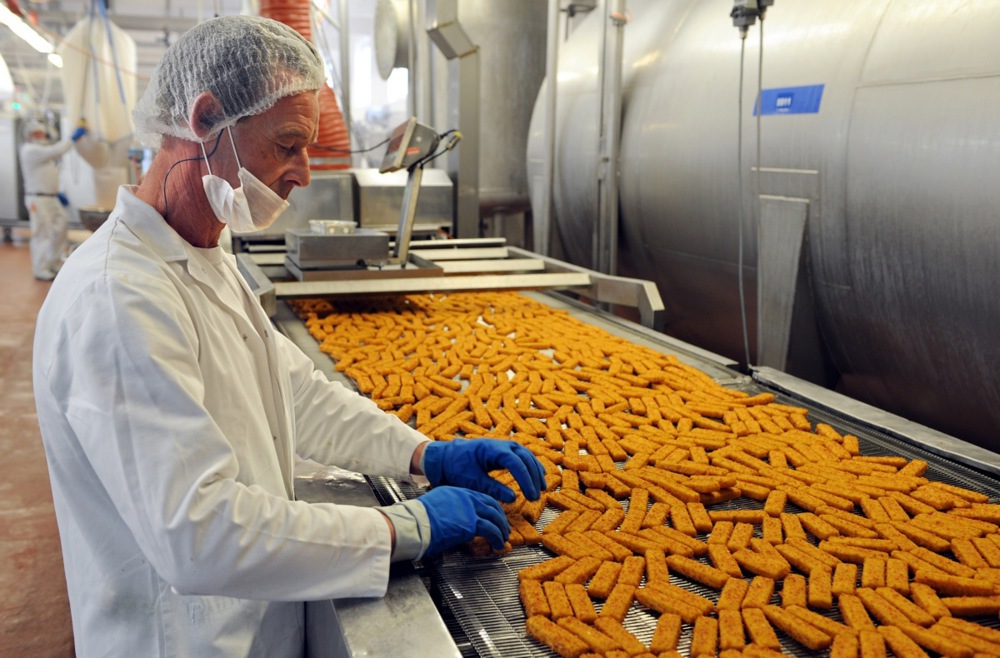The United Kingdom has implemented wide-ranging import bans against Germany regarding various animals and fresh meats after the discovery of foot-and-mouth disease in the country.
Announced on January 14, the measures include a complete ban on the import of any animals from Germany that are susceptible to the illness, as well as unprocessed meat products from such animals.
According to the British environment, food and rural affairs ministry, such a move is necessary in order to protect UK agriculture.
“The Government will do whatever it takes to protect our nation’s farmers from the risk posed by Foot and Mouth,” UK Farming Minister Daniel Zeichner said in a statement.
“That is why restrictions have immediately been brought in on animal products from Germany to prevent an outbreak and we will not hesitate to add additional countries to the list if the disease spreads,” he continued, adding that Britain would continue to work “closely with the German authorities”.
Britain’s ban on German imports follow similar measures imposed by Mexico and South Korea, both of which have implemented import controls for fear of the disease destroying their own farming sectors.
According to German media, the country’s meat and live animals continue to flow freely throughout the EU single market, though some safety measures are said to be in place.
Harmless to humans, foot-and-mouth results in serious damage to livestock herds, with any appearance of the disease costing a country’s entire agricultural sector large sums of money as other countries cut off imports.
German authorities are said to be trying to control the spread. A three-kilometre protection zone has been set up around the farm in Hönow, Brandenburg, where the case was discovered. Within such limits, neither live cloven-hoofed animals nor their produce are allowed to be transported.
A further 10-kilometre observation zone has also been established.
Under German law, all infectable animals on a farm where foot-and-mouth is discovered must be culled, with its carcase disposed of safely. Animals in immediately neighbouring farms also must be culled.
Foot-and-mouth in most animals results in blistering in the mouth and on the hooves, with lameness, fever, and lack of appetite also common symptoms.
French farmers view the European Union-Mercosur trade deal, endorsed by European Commission President Ursula von der Leyen, as a “betrayal” of European agricultural interests. https://t.co/F99n6ycKhn
— Brussels Signal (@brusselssignal) December 9, 2024





